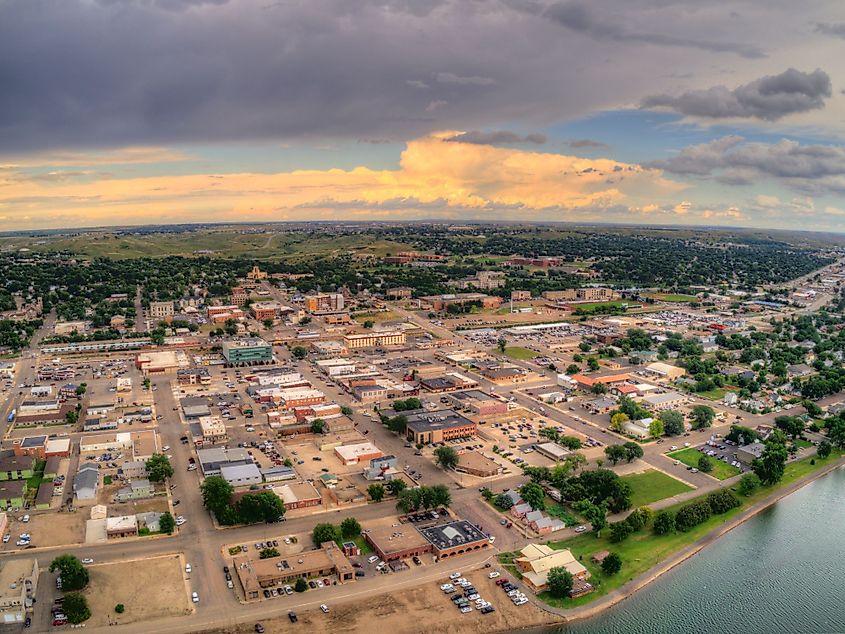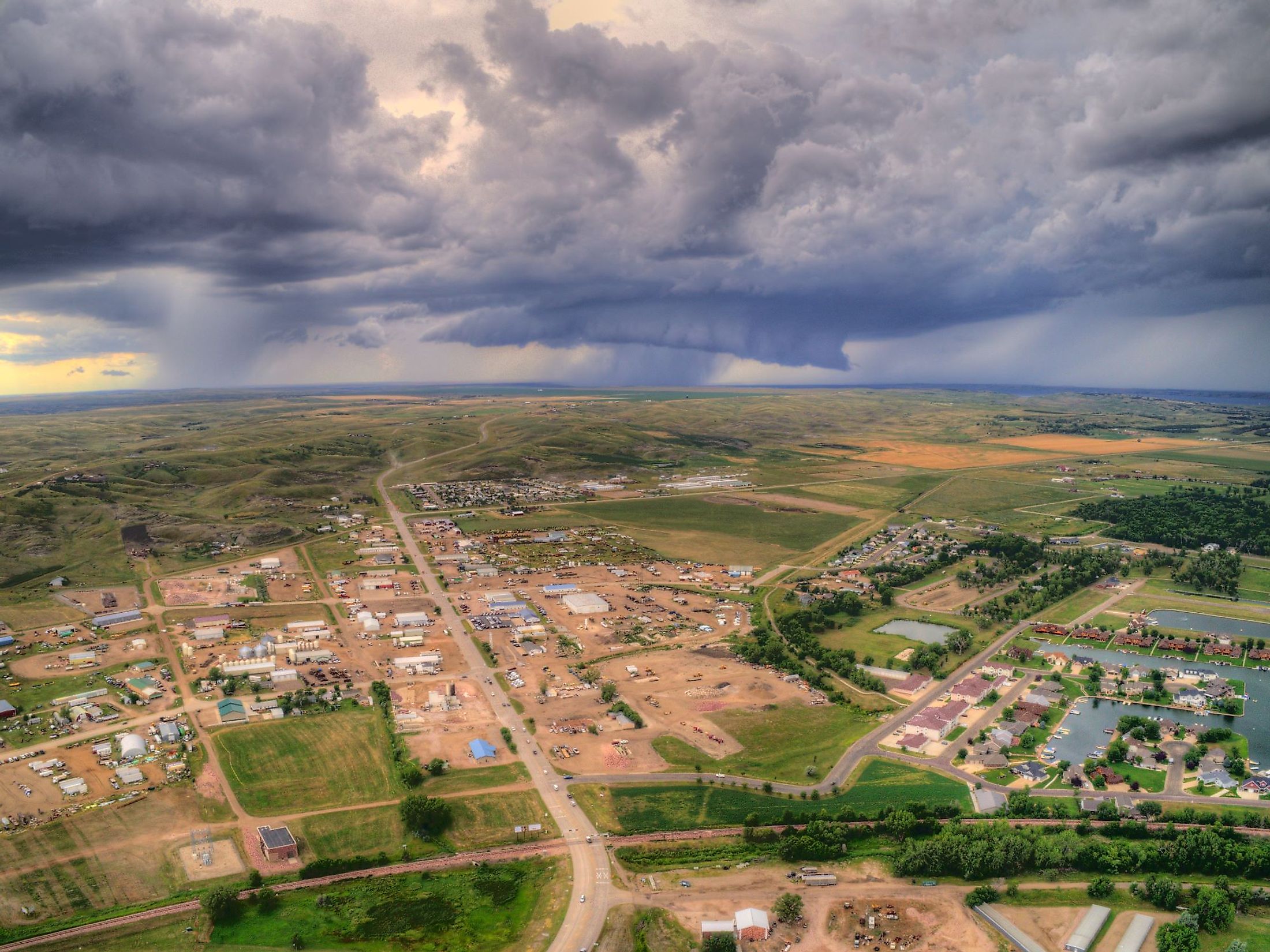Is Pierre Poilievre French - A Look At The Name's Roots
Many people wonder about the origins of names, especially when they hear one that sounds a bit different or has a clear connection to another language. The name Pierre, for instance, often sparks questions about its background and where it truly comes from. It carries a certain sound that, for many, points to a specific place on the map, and people often connect it with a particular European country.
This curiosity about names, like asking "is Pierre Poilievre French," is actually pretty common. It makes sense to wonder if a name hints at someone's heritage or where their family might have come from. Names are, after all, like little pieces of history we carry around, telling tales of language shifts and cultural connections across the years. So, when a name like Pierre pops up, it’s only natural to think about its deeper roots and what those roots might suggest.
We're going to take a closer look at the name Pierre itself, exploring its very old beginnings and how it has changed over time. This way, we can get a better sense of its journey and what it means in different places. You see, a name can have many stories attached to it, and sometimes, those stories are quite surprising, giving us a clearer picture of its long and varied life.
Table of Contents
- The Name Pierre - A Deep History
- What Does the Name Pierre Really Mean?
- Is Pierre Poilievre French - How Names Travel
- Pierre in Popular Culture - Beyond the Name
- Is Pierre Poilievre French - A Small City's Big Heart
- The City of Pierre, South Dakota - A Place of Its Own
- Is Pierre Poilievre French - Diverse Connections
- Exploring the Many Facets of Pierre
The Name Pierre - A Deep History
When you hear the name Pierre, it really does sound quite French to most ears, and for good reason. The name Pierre, you see, means "rock" or "stone" in French. This isn't just a modern translation; it’s a meaning that has been around for a very, very long time. Its origins go way back, actually, stemming from the old Greek word 'petros', which also means "stone" or "rock." It came into French through Latin, specifically the word 'petra'. So, in a way, the name has a truly ancient lineage, connecting it to some very foundational words across different languages.
The story of Pierre doesn't stop with Greek and Latin, though. It's also a translation of an Aramaic nickname, 'Kefa'. This nickname, too, carried the sense of "stone." So, when you think about it, the name Pierre has a rich background, pulling from several very old linguistic sources. It’s pretty interesting how a single name can have such a wide and varied history, linking different cultures and time periods together. It’s like a little piece of linguistic history, just a little bit of the past in a modern name.
The name Pierre has been a popular choice in France for a long, long time. We're talking about centuries here, since the 13th century, to be more precise. That’s quite a run for any name, isn't it? It shows just how much people in France have liked this name over many generations. It was a consistently favored option, a real classic for families choosing names for their children. This kind of enduring popularity speaks volumes about a name's cultural weight and how it resonates with people over a very long stretch of time.
- Long Hair Aaron Rodgers
- Sketch Video Twitter
- Jack Leius Family
- Bocil Meaning In Indonesia
- Smh Urban Dictionary
However, even classic names can see shifts in their standing. While Pierre held a strong position for ages, it actually fell out of the top 100 names in France in 2017. This change, you know, shows how naming trends can evolve, even for names with deep historical roots. It doesn't mean the name is gone, of course, just that its widespread popularity has lessened a bit compared to previous times. It’s a natural part of how language and culture change over the years, really.
It’s also worth noting that Pierre is used in both English and French languages, which makes sense given its French meaning. But it’s also a variant of the name Peter. Peter, which is common in Dutch and English, shares the same ancient origins. So, Pierre and Peter are like cousins, both coming from that same "rock" or "stone" meaning. This connection highlights how names can cross borders and change slightly while still holding onto their original meaning. It shows, too, how languages are connected in surprising ways.
What Does the Name Pierre Really Mean?
The core meaning of the name Pierre is quite simple and powerful: it translates to 'rock' or 'stone' in French. This meaning, as we’ve touched on, comes from a very old Greek word, 'petros'. So, when someone is named Pierre, their name carries this sense of strength and steadfastness, a bit like a sturdy, unmoving rock. It’s a pretty strong image, isn't it? This basic meaning has stayed with the name through all its travels across languages and cultures, keeping its fundamental character intact.
This idea of 'rock' or 'stone' has a certain weight to it, suggesting stability and a solid foundation. In many cultures, rocks are seen as symbols of endurance and reliability. So, in some respects, a name like Pierre might carry these sorts of positive associations for those who bear it. It’s interesting to think about how the simple meaning of a word can give a name a deeper feel, actually, beyond just a sound. It gives it, you know, a sense of lasting presence.
The journey of the name from Aramaic 'Kefa' to Greek 'petros', then to Latin 'petra', and finally into French as Pierre, shows a remarkable linguistic path. Each step in this journey kept the core meaning of "stone" or "rock" alive. This consistency across different languages and historical periods is quite remarkable. It really is a testament to the enduring nature of some words and concepts, how they can travel so far and still keep their original sense. It’s almost like the name itself is a little rock, moving through time.
So, when we ask about the name Pierre, we are really asking about a name that has been a part of human language for a very, very long time. Its meaning is clear and strong, and its history is deeply intertwined with some of the most ancient languages. This enduring meaning is a key part of what makes the name so recognizable and, for many, so appealing. It's a name that, basically, means something solid and true, which is pretty cool if you think about it.
Is Pierre Poilievre French - How Names Travel
Thinking about "is Pierre Poilievre French" brings up a larger point about how names, you know, travel across borders and cultures. A name like Pierre, with its clear French meaning and long history in France, doesn't mean that everyone who has it is French. People move, families emigrate, and names get carried to new places, often becoming part of new communities. So, while the name itself has French origins, the person bearing it could be from anywhere, really, or have roots in many different places.
It’s pretty common for names to become widespread, isn't it? Take the name Peter, which is a variant of Pierre. Peter is very common in English-speaking countries and has been for a long time. This shows how a name originating in one language can become completely naturalized in another. It’s not unusual at all for a name to cross linguistic boundaries and be adopted by people with completely different backgrounds. This is how languages and cultures interact, after all, and names are a good example of this kind of exchange.
The fact that Pierre was consistently popular in France for centuries, but then saw a drop in the top 100, also tells a story about how names evolve. Trends change, and sometimes, newer names or names from other cultures become more fashionable. This doesn't take away from the name's history, but it does show that even strong cultural connections can shift over time. It’s a reminder that names are living things, in a way, changing and adapting as societies do.
So, when someone asks "is Pierre Poilievre French," the answer isn't just about the name's origin. It’s about understanding that names are like little cultural ambassadors. They carry their history with them, but they also take on new stories in new places. The French meaning of Pierre is a fact about the name itself, but it doesn't automatically tell you about a person's nationality or heritage. It’s a bit more nuanced than that, you know, when you really think about it.
Pierre in Popular Culture - Beyond the Name
The name Pierre shows up in all sorts of places, not just in historical records or as a family name. For example, in the world of games, Pierre is a villager who lives in Pelican Town. He owns and runs Pierre's General Store. This shows how the name is used in creative ways, giving character to fictional people and places. It’s a common enough name that it feels familiar and real, even when it’s attached to a character in a virtual world. This kind of use helps the name stay current and recognizable, too.
This fictional Pierre, the store owner, brings to mind the idea of a small, local business. A general store is, you know, often the heart of a little community, providing everyday goods and a place for people to gather. So, the name Pierre, in this context, takes on a feeling of community and everyday life. It's a nice way to see how a name can evoke a certain type of person or setting, even if it's just in a story or a game. It's quite interesting, actually, how names can do that.
Beyond fictional characters, the name Pierre can also be associated with real people from various walks of life. We hear about a longtime linebacker and defensive end named Pierre, who played for the Giants at one point. This athlete, in a very real and challenging situation, had his right index finger amputated. This specific detail, while personal to him, shows how a name can be linked to diverse experiences, including those of resilience and overcoming physical challenges. It just goes to show, you know, how varied the lives of people with the same name can be.
These examples, from a game character to a professional athlete, illustrate that the name Pierre is not just a label. It’s a name carried by individuals with their own stories, their own roles, and their own life experiences. This diversity of association means that while the name has a clear origin, its presence in the world is far-reaching and covers many different kinds of people and situations. It’s pretty cool, really, to see how a name can be so versatile.
Is Pierre Poilievre French - A Small City's Big Heart
When we talk about "is Pierre Poilievre French," it's worth remembering that Pierre isn't just a name for people; it's also the name of places. For instance, Pierre is the state capital of South Dakota. This city, founded in 1880 on the Missouri River, has its own unique story. It's a central point in South Dakota, a place that, you know, holds a lot of history and a specific kind of American charm. It’s a city that, despite its size, plays a very important role in its state.
Pierre, South Dakota, is actually one of the country's smallest state capitals. In fact, it's the second smallest capital city in the entire nation. This fact gives it a certain character, a feeling of being a bit more down-to-earth, perhaps. It demonstrates, too, how nice it is to be an average joe, in a way, a place that doesn't feel overly grand or overwhelming. The main feature of the town is its capitol building, which stands as a symbol of its importance, even with its smaller size. It’s a place that, really, has a quiet dignity.
The city is situated near the center of a region traditionally used by the Dakota Sioux people, which adds another layer to its historical and cultural significance. This connection to indigenous heritage is an important part of Pierre's identity. It shows that the city is not just a modern development but has roots that stretch back much further, connecting it to the land and its original inhabitants. This makes the place, you know, even more interesting to consider.
So, when the question "is Pierre Poilievre French" comes up, it's a good moment to reflect on how a name like Pierre can represent so many different things. It can be a person, yes, but it can also be a city, a place with its own history, its own community, and its own unique feel. This really expands our understanding of the name, showing it’s not just about one origin but about many connections. It’s pretty cool, how a single word can have so many different meanings and associations.
The City of Pierre, South Dakota - A Place of Its Own
The city of Pierre, South Dakota, and its sister city, Fort Pierre, offer a surprising amount for visitors. You'll find museums, beautiful views, and unique places to dine there. There is plenty to do for several days, but even if you only have a day, there are things to see. For instance, you can check out historic places in Pierre and Fort Pierre, which tell stories of the past. It's a place where history feels very much alive, you know, right there to explore.
For those who enjoy scenery, standing above the Oahe Dam and turning 360 degrees offers a truly impressive view of the area’s natural beauty. This spot provides a wide perspective on the surrounding landscape, letting you appreciate the vastness and quiet appeal of the region. It’s a chance to just take a moment and soak in the environment, which is pretty special. You can really get a sense of the place from up there, actually.
The Pierre Area Chamber of Commerce works to promote prosperity, growth, and the way of life in the lower Oahe region. This shows a community that is actively working to support itself and its residents. It's a sign of a place that values its people and wants to see them do well. This kind of local effort is, you know, a big part of what makes smaller cities tick, creating a sense of shared purpose and community spirit.
And, for those living in the community, they can now recycle alkaline batteries. This small detail, while seemingly minor, points to a community that is thinking about environmental responsibility and modern conveniences for its residents. It shows a forward-thinking approach, even in a smaller capital city. It’s these little things, sometimes, that really tell you about a place and its values. It’s a pretty good sign, really, of a community that cares.
You can discover lodging, dining, shopping, and attraction options for South Dakota through various resources, including traveler reviews and photos on sites like TripAdvisor. With over 5,094 traveler reviews and photos of Pierre tourist attractions, there’s a lot of information out there to help you plan a visit. You can find what to do today, this weekend, or even in July, making it easy to experience what the city has to offer. It’s very helpful, you know, to have all that information at your fingertips.
Is Pierre Poilievre French - Diverse Connections
The discussion around "is Pierre Poilievre French" really highlights how names can have diverse connections, far beyond just their linguistic origin. We've seen how the name Pierre connects to ancient Greek and Aramaic roots, signifying "rock" or "stone." We've also seen its long popularity in France, and how it's a variant of Peter. This history alone shows a complex web of connections, but the name's story gets even wider when we look at how it's used in different contexts. It’s a pretty rich history, actually, when you dig into it.
Consider the different "Pierres" we've discussed: the fictional store owner in a video game, the professional football player, and the capital city in South Dakota. Each of these examples adds a different layer to the name. The game character brings a sense of community and small-town life. The athlete shows the name connected to resilience and physical challenge. The city of Pierre, South Dakota, represents a place with its own unique history, geography, and community spirit.
- Who Is Lauren Hamden
- Miu Shiromine L%C3%A0 Ai
- Crystal Couture Dress To Impres
- Checkpointbot
- Patrick Mahomes Heritage

Pierre, South Dakota - WorldAtlas

Explore Pierre: Meaning, Origin & Popularity

Pierre, South Dakota - WorldAtlas